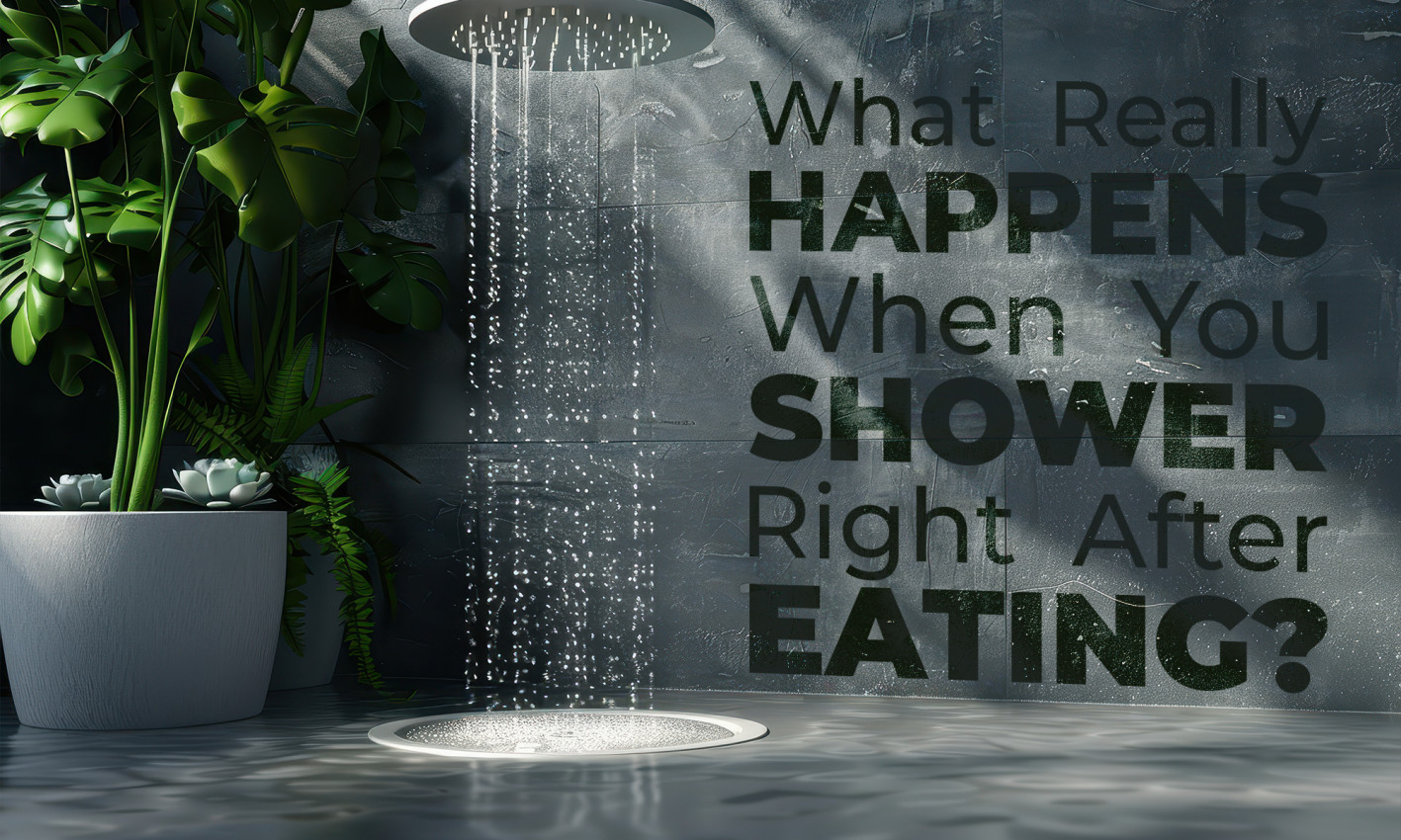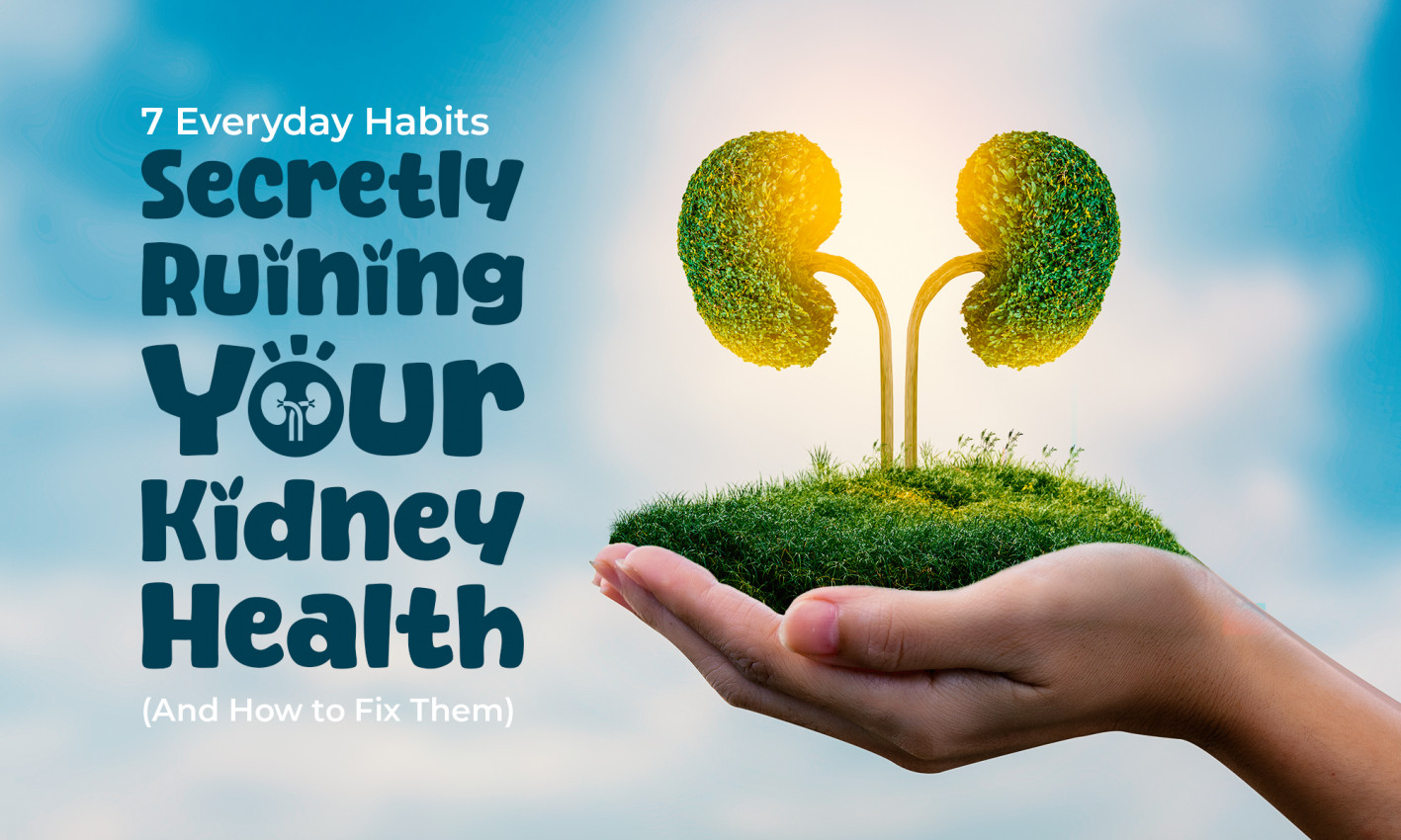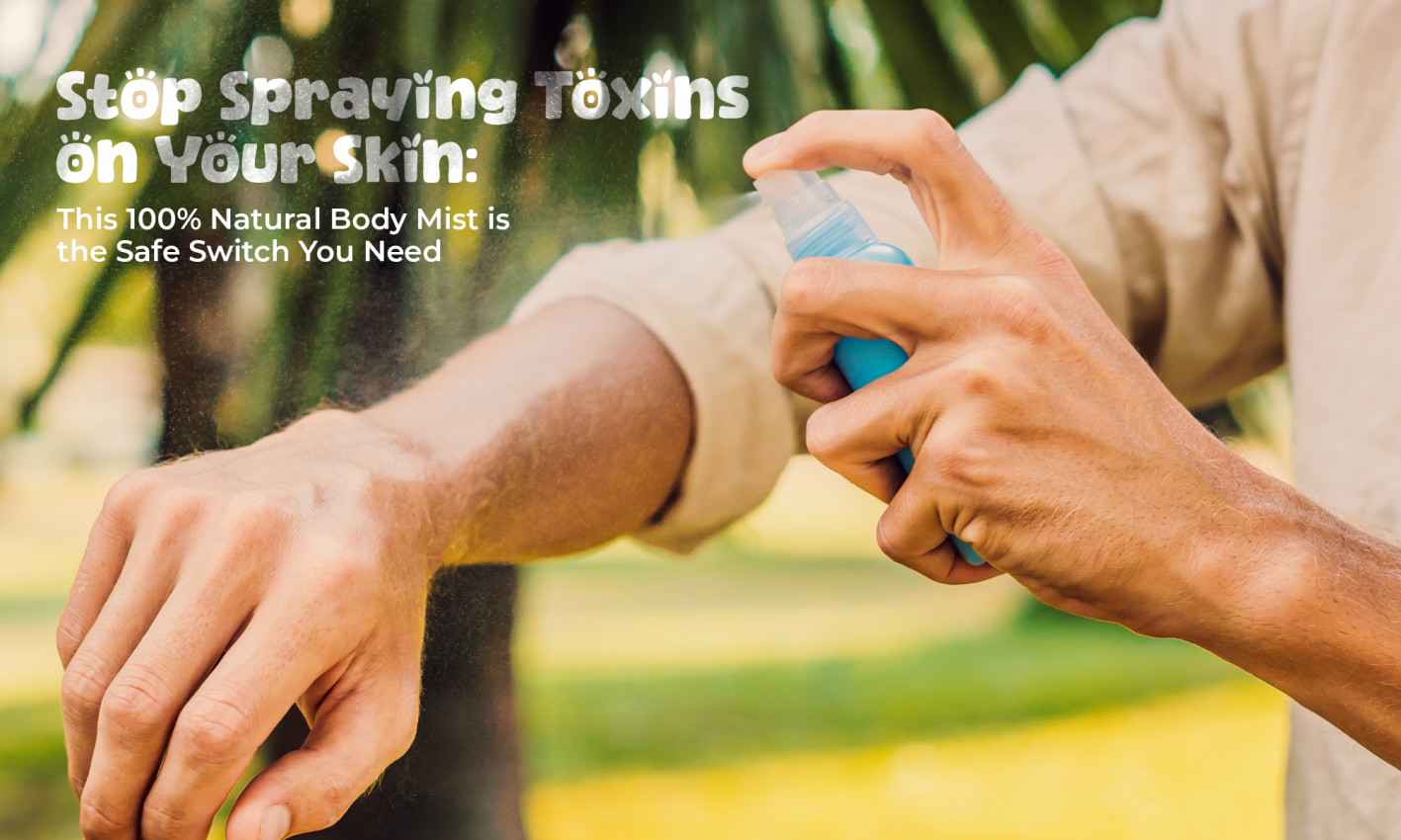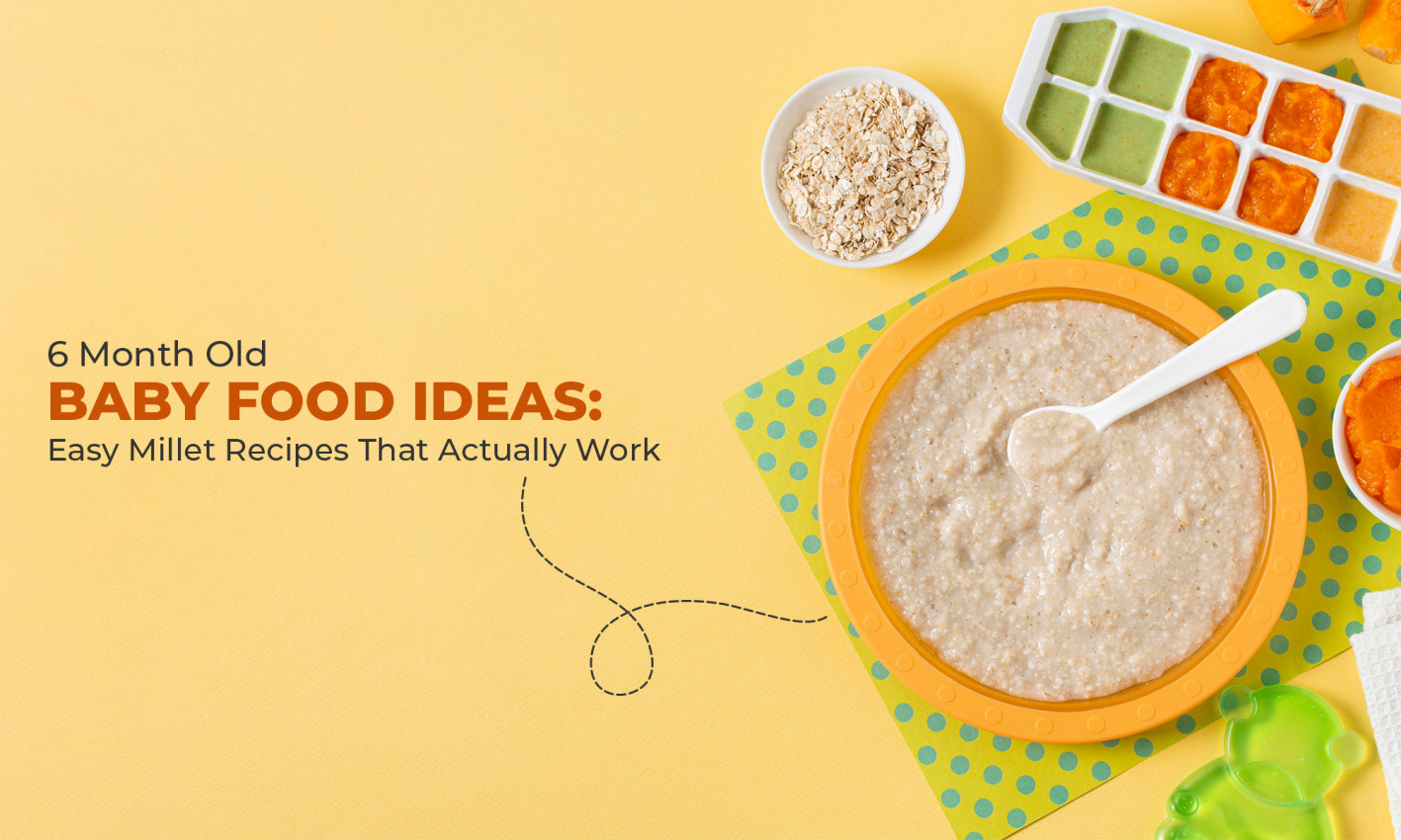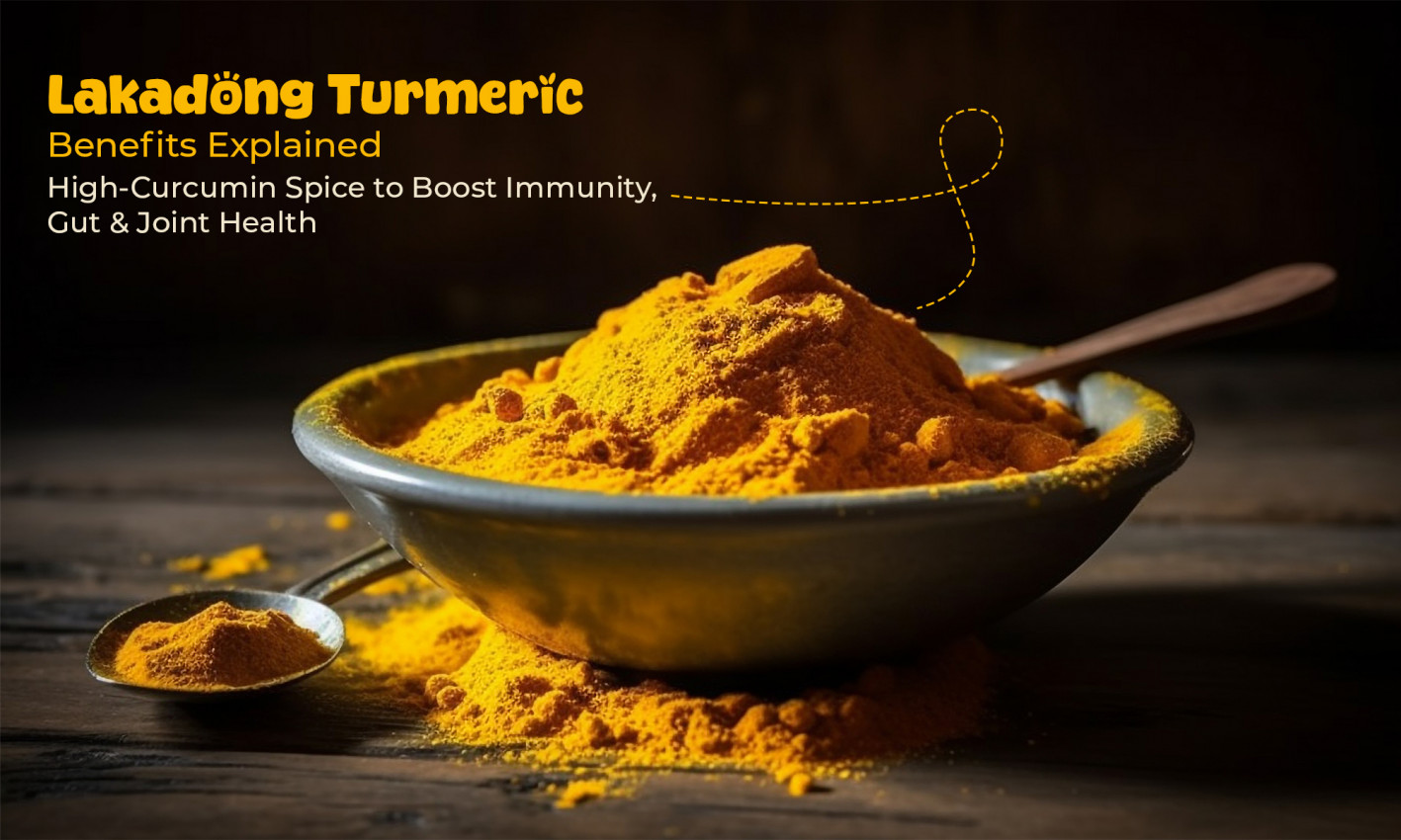So you just enjoyed a hearty meal and think a relaxing shower sounds perfect.
But do you think showering after meals is a great idea? Many wellness experts caution that showering right after eating (especially hot showers) can interfere with your body's digestion process.
In this blog, we dive into the science and reasoning behind these claims - what really happens if you shower after eating, and how long you should ideally wait.
|
Table of Contents: 1. The Negative Effects of Showering After Meals 1.1 The Blood Flow Diverts to the Stomach 2. How Can You Make It Less Harmful? 3. How Long Should You Wait Before Showering After Meals? 4. Key Takeaways |
The Negative Effects of Showering After Meals:
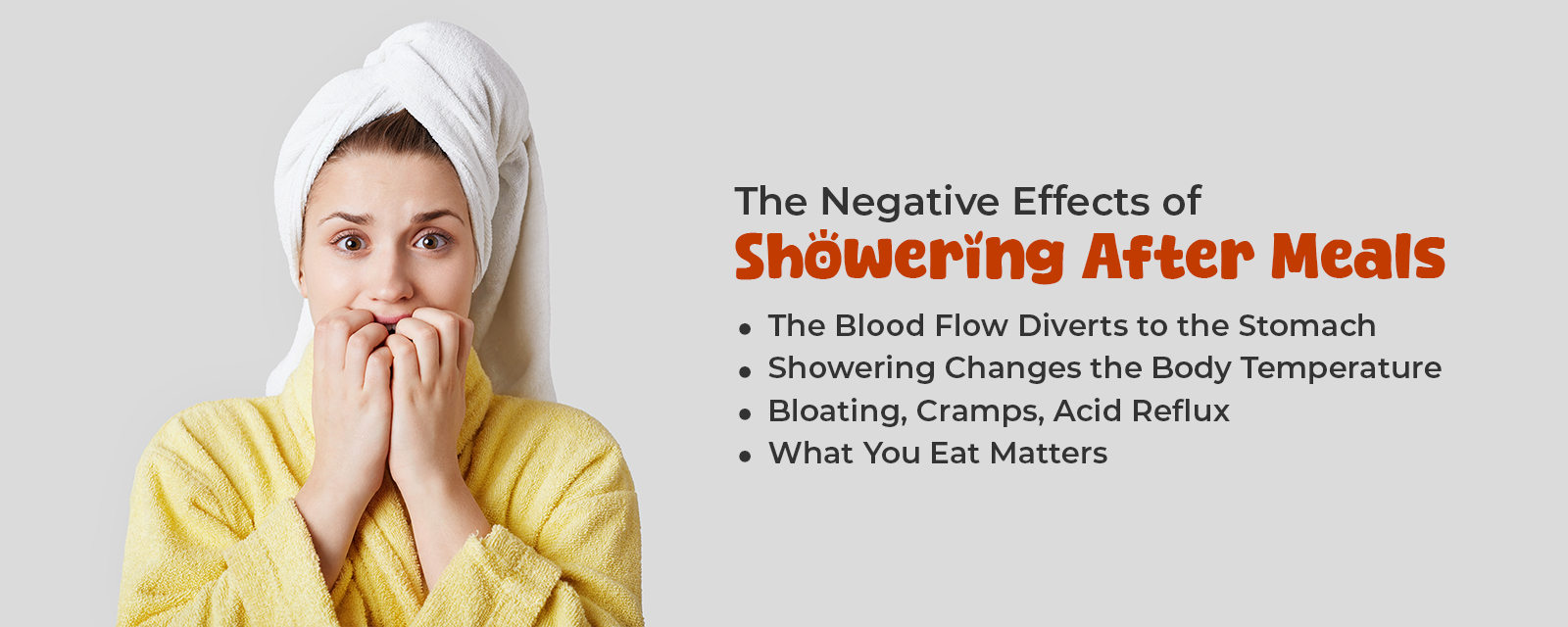
The Blood Flow Diverts to the Stomach:
When you eat, your body diverts more blood flow to your stomach and intestines to support digestion.
If you jump into a shower immediately, especially a hot one, the blood vessels near the skin can dilate, diverting the blood away from your digestive organs.
The diversion can slow down the digestive process and lead to bloating or indigestion.
Showering Changes the Body Temperature:
Showering alters your body temperature. A hot shower raises your skin temperature, while cold water can cause vasoconstriction and a shock to the system.
The rapid temperature change can potentially reduce the energy available to digest the food efficiently due to thermoregulation (maintaining core temperature).
Read More: How Yoga Can Enhance Gut Health and Promote Better Digestion
Bloating, Cramps, Acid Reflux:
For people with sensitive digestion or digestive discomfort, showering after meals can trigger or worsen symptoms.
The combination of a full stomach, diverted blood flow, and rapid temperature can lead to cramps, burning, gas, or feeling overly full.
What You Eat Matters:
Meals are processed differently in your digestive system. If you have eaten something heavy (rich in fats, proteins, or refined carbs), the body needs more time to digest.
Showering after heavy meals could cause noticeable discomfort than after having a lighter meal.
Experts often advise waiting 90–120 minutes after a heavy meal.
How Can You Make It Less Harmful?
If you shower with lukewarm water rather than very cold or very hot water, the temperature stress on digestion can be reduced.
Avoiding very long or intensely hot showers during digestion can help mitigate discomfort.
If you only shower after meals occasionally, the body can often cope; repeated interference is more likely to lead to chronic issues.
How Long Should You Wait Before Showering After Meals?
|
Meal Type |
Suggested Wait Time Before Showering |
|
Light (salad, broth, small snack) |
20-30 minutes |
|
Regular meal (moderate protein/fat) |
30-60 minutes |
|
Heavy or rich meal |
90-120 minutes or more |
These are guidelines, not hard rules - individual differences (age, digestive health, metabolic rate) matter.
Key Takeaways:
Plan your shower times before meals if possible, especially dinner. If you must shower after eating, choose moderate temperature water, not extremely hot or cold.
If you notice discomfort, adjust the routine: try waiting longer or skipping post-meal showers.
Support digestion with other habits: gentle walking after eating, staying upright, and avoiding lying down immediately.
Listening to your own body and noticing what feels right is key - make small changes, observe, and adjust accordingly for better digestive health.


